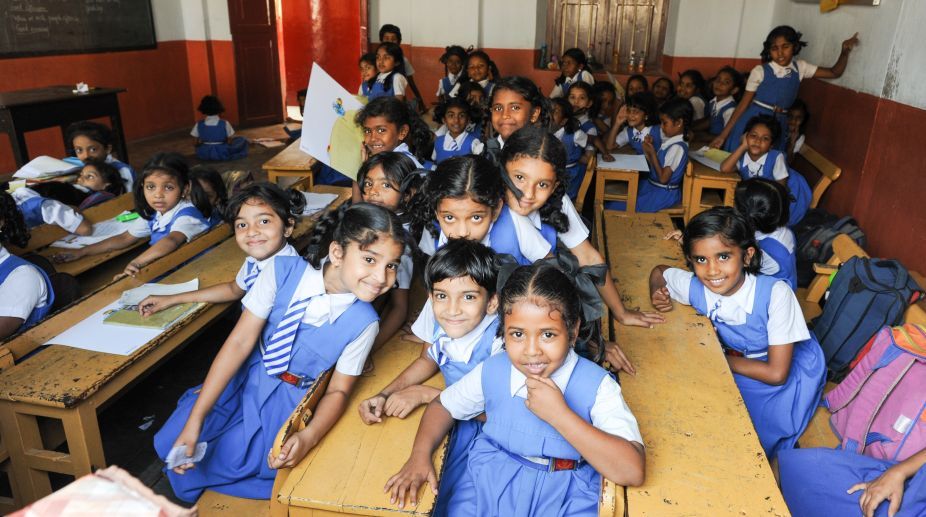The intention behind most government schemes may be good but it’s the implementation that more often than not lets them down. One such scheme is that of educating children from economically weaker section (EWS) of society. As per the Right To Education Act, 25 per cent seats in private non-aided schools are to be reserved for students from EWS and disadvantaged groups or socially weaker sections of society. While some schools grudgingly comply with this, others hold evening classes for these children.
However, teachers are found complaining about the poor performance of these students, which tends to bring down the overall standard of the class. They are branded as “slow learners” and generally ignored. Given that the parents of these children are often illiterate, this is no surprise. But that is, in the government’s view, the idea behind educating these children.
Advertisement
The latest report by the National Commission for Protection of Child Rights (Union Ministry of Women and Child Development) has found that almost 14 per cent principals do not favour children from EWS studying in their schools. The reasons given range from health, hygiene concerns to non-payment of reimbursements for additional educational facilities by the government. Some also believe EWS students tend to harbour bad habits, which they pick up from their homes, including stealing and use of foul language.
The other issue is that they are educated only up to Class VIII. After that, parents wanting their children to study further run from pillar to post hunting for a school. Surely, the private schools can tie up with other government-aided schools where these children can be sent for further studies.
Since children cannot be held back (failed) till Class VIII, no attempt is made to ensure that EWS students are educated. A colleague recalled how shocking it was to hear a teacher from a reputed private school stating, “These children are not meant to study!” Rather than waste time on them, she would rather concentrate on the “well-to-do” children.











